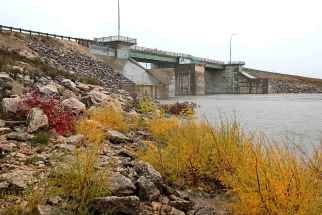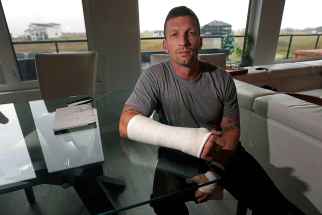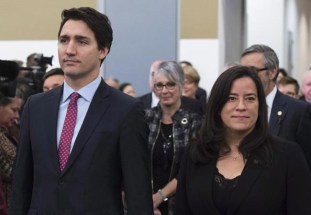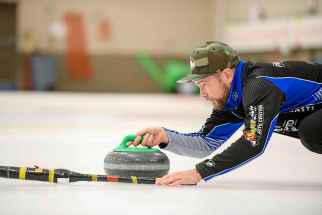Trudeau attempts to rewrite history on SNC-Lavalin
Read this article for free:
or
Already have an account? Log in here »
To continue reading, please subscribe:
Monthly Digital Subscription
$0 for the first 4 weeks*
- Enjoy unlimited reading on winnipegfreepress.com
- Read the E-Edition, our digital replica newspaper
- Access News Break, our award-winning app
- Play interactive puzzles
*No charge for 4 weeks then price increases to the regular rate of $19.00 plus GST every four weeks. Offer available to new and qualified returning subscribers only. Cancel any time.
Monthly Digital Subscription
$4.75/week*
- Enjoy unlimited reading on winnipegfreepress.com
- Read the E-Edition, our digital replica newspaper
- Access News Break, our award-winning app
- Play interactive puzzles
*Billed as $19 plus GST every four weeks. Cancel any time.
To continue reading, please subscribe:
Add Free Press access to your Brandon Sun subscription for only an additional
$1 for the first 4 weeks*
*Your next subscription payment will increase by $1.00 and you will be charged $16.99 plus GST for four weeks. After four weeks, your payment will increase to $23.99 plus GST every four weeks.
Read unlimited articles for free today:
or
Already have an account? Log in here »
Hey there, time traveller!
This article was published 09/10/2019 (2259 days ago), so information in it may no longer be current.
The most troubling part of Justin Trudeau’s attempt to rewrite history on the SNC-Lavalin affair is it’s a sign the prime minister may be prepared to politically interfere again in a criminal prosecution.
Trudeau claimed during Monday’s televised leaders debate the original Globe and Mail story that ran in February was “false.” He made the surprise comment after Conservative Leader Andrew Scheer reminded Trudeau he looked Canadians in the eye the day the story ran and flat out lied when he said the allegations were false.
Trudeau’s reply to Scheer on Monday: “They were false.” It was a surprising comment because even Trudeau had stopped making that claim months ago, after it became clear the story was accurate.
Not only did Trudeau and senior federal officials attempt repeatedly to pressure then-attorney general Jody Wilson-Raybould to drop criminal charges against the Montreal-based company in 2018, he’s back to lying about it.
It’s stunning.

The politics on this issue is easy to understand. In Quebec, the SNC-Lavalin affair doesn’t resonate like it does in the rest of Canada. Quebec voters accept Trudeau’s explanation he was merely trying to “save jobs.” They see nothing wrong with a prime minister interfering in a criminal prosecution.
Trudeau has strong support in Quebec. He needs a solid showing there Oct. 21 if he wants to be re-elected. Pushing back and claiming the original reports on the issue were false is good politics in la belle province.
On the legal side, it’s more problematic.
The original Globe and Mail story, which alleged Trudeau and senior federal officials attempted to interfere in the case, was not false. It was accurate, and it was proven so repeatedly, including through an ethics commissioner investigation and by Trudeau himself.
Trudeau admitted as far back as March, during a news conference, he asked Wilson-Raybould if “she could revisit” her decision not to overrule the director of public prosecutions on the SNC-Lavalin case. He also acknowledged his staff continued to pursue the matter for months with Wilson-Raybould.
His principal secretary, Gerald Butts (since resigned), and then-clerk of the privy council Michael Wernick (since retired), both confirmed in their testimony at the Commons justice committee that senior staff pursued Wilson-Raybould on the matter. They said it was a “policy” matter, and they were trying to save jobs.
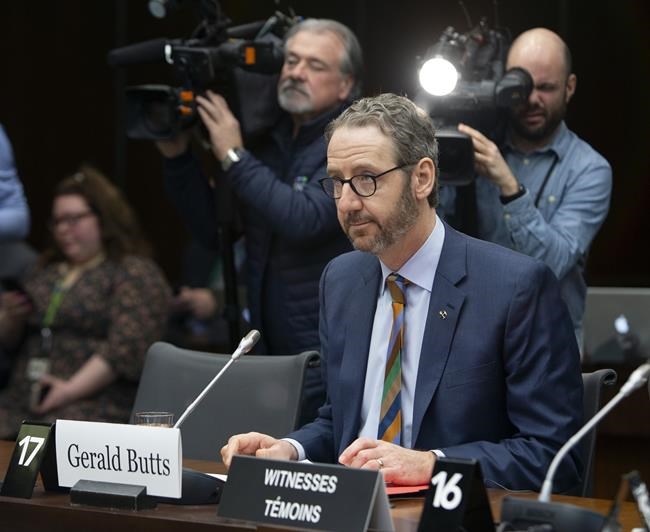
Individual criminal prosecutions are not “policy” matters. They are prosecution cases handled by independent Crown attorneys. Decisions about when and how to prosecute are made, or should be made, independent of elected officials and partisanship. The protection of prosecutorial independence against improper political influence has been ruled on by the Supreme Court of Canada and is enshrined in law.
There’s good reason: if politicians are allowed to interfere in criminal prosecutions, elected officials in government could prosecute their enemies and protect their friends. It would be a gross violation of the rule of law and would lead to corruption and a breakdown of our justice system.
Even a hint of political interference in a criminal prosecution should be stamped out immediately.
That’s why Trudeau’s continual claims he did nothing wrong on the SNC-Lavalin case, and his most recent pushback on it, are extremely troubling.
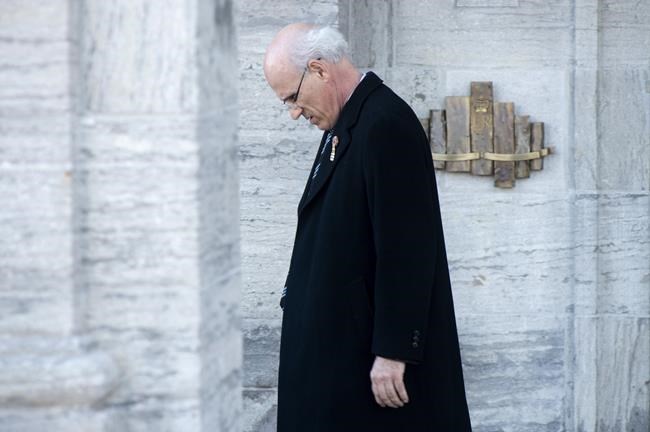
Canadians have a sitting prime minister who sees nothing wrong with politicians interfering in criminal prosecutions. It doesn’t matter what the justification is. It’s never acceptable for a prime minister or members of cabinet to attempt to influence the outcome of a criminal case.
The only exception is the oversight responsibility of attorneys general who can, in rare cases, overturn the decision of the director of public prosecutions. By law, any such directive would have to be made public and published in the Canada Gazette. It’s never been done at the federal level, for good reason.
So what’s stopping Trudeau, if he’s re-elected, from trying this again, either with SNC-Lavalin or some other company facing criminal charges?
Nothing. According to him, it’s just a policy matter. If he believes he has a good reason to interfere in the outcome of a criminal prosecution, he’ll do it.
Maybe next time, he’ll succeed.
tom.brodbeck@freepress.mb.ca

Tom has been covering Manitoba politics since the early 1990s and joined the Winnipeg Free Press news team in 2019.
Our newsroom depends on a growing audience of readers to power our journalism. If you are not a paid reader, please consider becoming a subscriber.
Our newsroom depends on its audience of readers to power our journalism. Thank you for your support.



